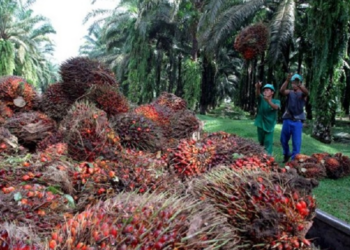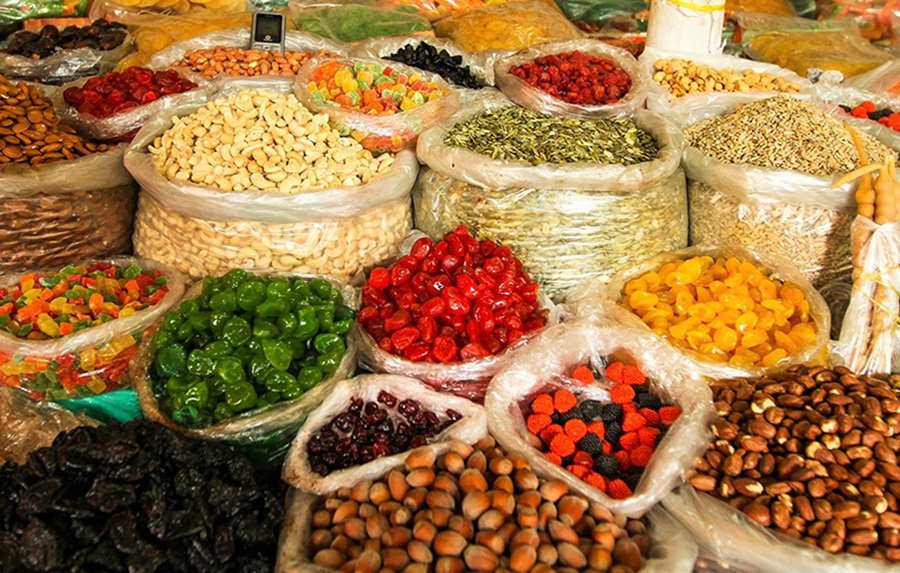A report from one of the national dailies says Nigeria loses over N90 billion yearly, and in the next three years will lose not less than N270 billion to deficit and importation of palm oil. According to the report, based on the December 2019 World Bank price index for crude palm oil at US$769.93, Nigeria lost N90.1 billion to importation of what it could produce last year and may lose about N270.2 billion from 2020 to 2022.

Historically, Nigeria once ranked among the top Palm Oil-producing nations globally and was a key exporter of the product. However, underinvestment and years of neglect has seen industry production decline to a point where the country is now a net importer of the commodity. Meanwhile, Nigeria’s food manufacturing and household product industries, both of which are heavy users of the product have expanded greatly, creating significant opportunities for importers.
In an effort to encourage local production, the government introduced an import tariff of 35% on Crude Palm Oil (CPO). Despite this, the palm oil industry in Nigeria has remained very fragmented, dominated by small scale farmers which results in significantly lower quantity and quality of output in comparison to the country’s production potential.
The key drivers of sales in the industry are the level of customer demand (which a growing Nigerian population always provide), and the international price of CPO. A decline in CPO prices has historically presented additional challenges for the two major domestic palm oil producing companies quoted on the Nigerian Stock Exchange, namely Okomu Oil Palm and Presco Plc.
[READ MORE: Inflation: Headline Inflation sustains uptrend)
A decline in the international price of CPO always leads to increased imports of palm oil, as well as smuggling from neighbouring West African countries, forcing Okomu and Presco cut prices to retain industrial buyers. While palm oil importers into Nigeria are expected to pay an import duty of 35%, our experience indicates that importers were really never deterred.

However, the closure of the land borders has been of enormous support to the local palm oil industry especially in the light of relatively high CPO prices. Our review of the third and fourth quarter numbers of Okomu Oil showed significant improvement, suggesting that the closure of the land borders has impacted domestic sales volumes positively.
_______________________________________________________________________
CSL STOCKBROKERS LIMITED CSL Stockbrokers,
Member of the Nigerian Stock Exchange,
First City Plaza, 44 Marina,
PO Box 9117,
Lagos State,
NIGERIA.

















